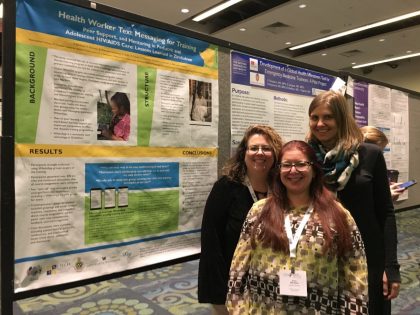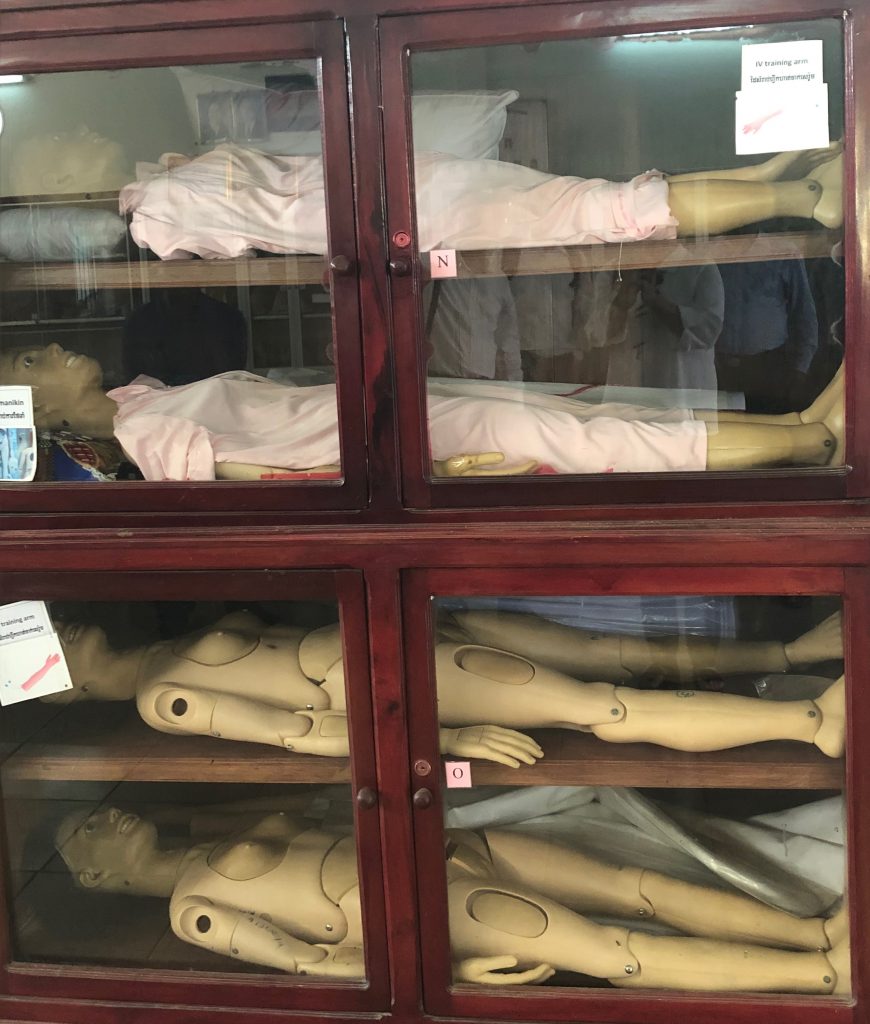
The International Training and Education Center for Health (I-TECH) is working on a project led by FHI360, and funded by the U.S. Agency for International Development (USAID), to empower health care managers and national and provincial stakeholders to improve service quality, safety, and utilization, as well as strengthen overall health systems in Cambodia.
The project’s four objectives include:
- Improving policies, guidelines and standards for streamlined quality assurance.
- Increasing the efficiency and effectiveness of service delivery.
- Strengthening regulatory framework, implementation, and enforcement.
- Supporting pre-service public health training.
Given I-TECH’s deep experience in health workforce development, supporting the environments that enable strong health systems, and working with stakeholders at all levels, the team was a natural fit for Objectives 3 and 4.
In service of this critical work, I-TECH is supporting implementation of regulations among private and public health workers, as well as helping to lay the foundation for a sustainable accreditation program for public and private health facilities. I-TECH’s team also works with national stakeholders to develop the capacity of pre-service training institutions to deliver high-quality programs aligned with current evidence and national health priorities.
“We are excited to work with our partners to strengthen these critical components of quality health services in Cambodia,” said Jeff Lane, Principal Investigator and Assistant Professor in the Department of Global Health.
“By leveraging I-TECH’s broad experience in health policy, regulation, and workforce development,” he continued, “we can help Cambodia build an accreditation program to recognize high-performing hospitals, strengthen health professional councils to regulate health practitioners, and build sustainable pre-service training institutions that deliver competency-based education to train Cambodia’s health care workers of tomorrow.”
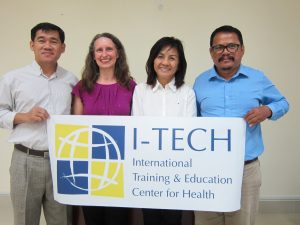
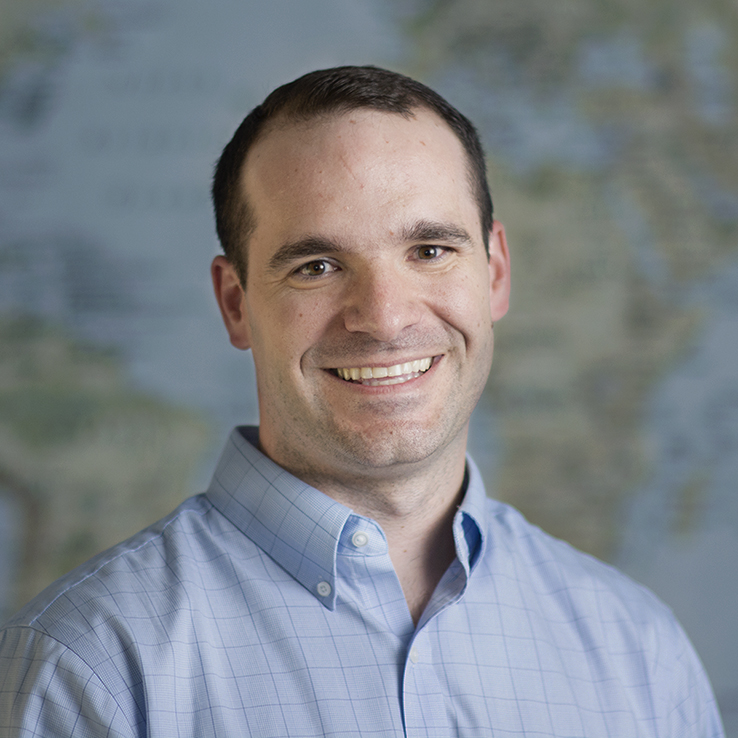
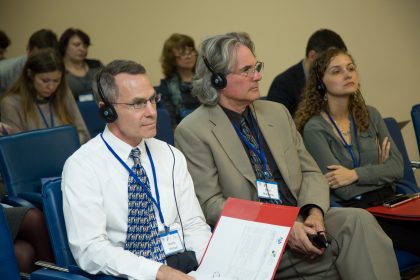
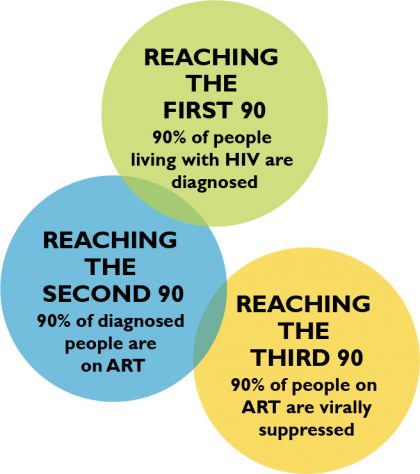 The workshop aimed to support the development of efficient strategies to achieve the UNAIDS 90-90-90 goals: 90% of HIV-positive people know their status, 90% of those are on treatment, and 90% of those are virally suppressed. To this end, the workshop covered national situational analysis, national clinical recommendations, and service delivery models with the highest potential for adaption in country.
The workshop aimed to support the development of efficient strategies to achieve the UNAIDS 90-90-90 goals: 90% of HIV-positive people know their status, 90% of those are on treatment, and 90% of those are virally suppressed. To this end, the workshop covered national situational analysis, national clinical recommendations, and service delivery models with the highest potential for adaption in country.

